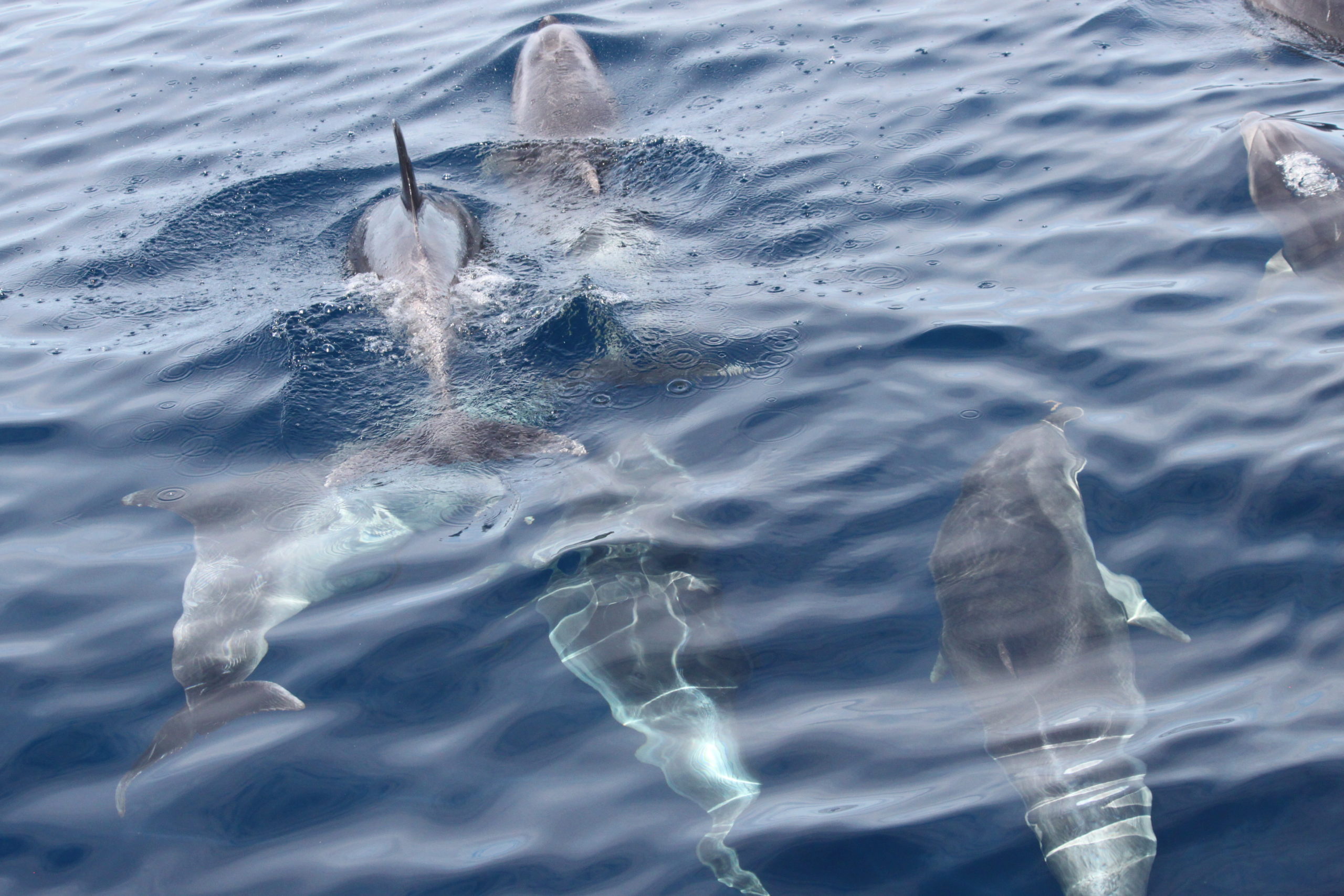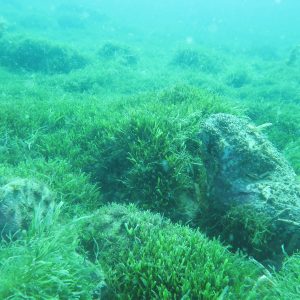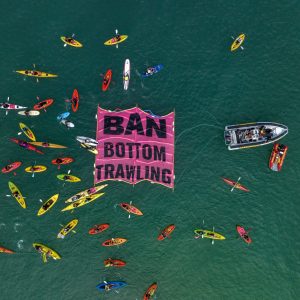In 2002 researchers surveying the Hauraki Gulf estimated only 24 tonnes of gurnard remained in Gulf waters. Since then there has been a succession of Hauraki Gulf Forum reports documenting continual decline of fish stocks and marine biodiversity. A crisis is looming yet there is no effective response from local or national government.

The Hauraki Gulf Marine Park spans 1.2 million hectares. It has the potential to be a national treasure if we could collaborate effectively and commit to achieving the purpose of the Park: to protect in perpetuity the natural and historic resources of the Park for the benefit, use and enjoyment of the Gulf communities.
In August the New Zealand Sport Fishing Council made a presentation to the Hauraki Gulf Forum rejecting the Government’s Revitalising the Gulf plan on the basis that it does not go far enough. Years earlier we were encouraged to think outside of current structures. The catch cry was ‘Be bold’.
After hundreds of volunteer hours by multiple interest groups and representatives, the Forum published the Sea Change plan in 2017. It was a collaborative, bold effort to improve the life supporting capacity of the natural systems in the Gulf, if implemented in full. No cherry-picking.
The government’s latest plan is a piecemeal response to Sea Change, clinging to fishing practices known to destroy habitats and impact on climate change, while maintaining catches of fish at historic levels. For example, it is simplistic for the government to think that the public will accept ongoing commercial scallop dredging while recreational dredging is banned.
Governance is gridlocked. Management of land-based threats is poor and fish stocks are not managed at a scale appropriate to the Park. Creating ‘trawl corridors’ and selecting 18 protected areas as part of the plan is no substitute for addressing biodiversity loss across the whole Marine Park.
A holistic approach to marine protection is required because fisheries giving up some areas but not any catch simply exacerabates the depletion and habitat loss in the remaining open areas of the Gulf and the northeast coast.
It is patently obvious that the tension between the private interests of quota owners and the public good is holding the Hauraki Gulf to ransom.
We can and must do better.
Let’s be part of the solution
Mediocre is no longer good enough. Recreational fishers could have a meaningful effect on the future management of the Hauraki Gulf Marine Park and beyond. Around 20,000 people have already signed the Rescue Fish petition in support of positive change to fisheries management and banning coastal trawling around the country; because if it’s good enough for the Hauraki Gulf then it ought to be good for other areas too.
To succeed, fundamental change is required across governance, management and people’s attitudes. Committing to managing our marine environment for the benefit of future generations will, over time, deliver to us more fish in the water and ensure a fair go for all Kiwis.
More info: rescuefish.co.nz/petition
Rescue Fish solutions for a revitalised Hauraki Gulf
- All destructive and mobile bottom contact fishing techniques must be banned from the Hauraki Gulf Marine Park, including bottom trawling, all scallop dredging, Danish seining and purse seining. This acknowledges the need to limit the effects of climate change by reducing the carbon emissions attributed to trawling and dredging in the Gulf.
- Encourage low impact, high value commercial operators to deliver line caught fish to local markets.
- Create a separate Fisheries Management Area for the Hauraki Gulf so precautionary catch limits can be applied and adjusted in a reasonable and responsible timeframe.
- Improved management and realistic bag limits applying to recreational fishing.
- Establish Special Management Areas to encourage high value, low extraction recreational fishing activity at selected sites, to sustain the fishery over the long term.
- Some charter operators fishing around the Mokohinau Islands in the north and the Alderman Islands in the Bay of Plenty work within strict, self-set bag limits well below official recreational limits.
- Returns from these charter operators is estimated over $200 per kilo of fish landed.
- Protect the baitfish – protect the seabirds.
- The extraction of entire schools of fish by industrial bulk harvesting methods such as Danish and purse seining leaves fish, whales, dolphins and seabirds vulnerable to starvation and poor breeding success.
- Sustainable tourism opportunities including whale watching and dolphin encounters depend on these fish having reliable access to food.
- Establish co-governance structures so local communities can work with mana whenua to improve management of local resources.
Management of the inter-tidal zone species has not kept pace with current population and fishing habits.





